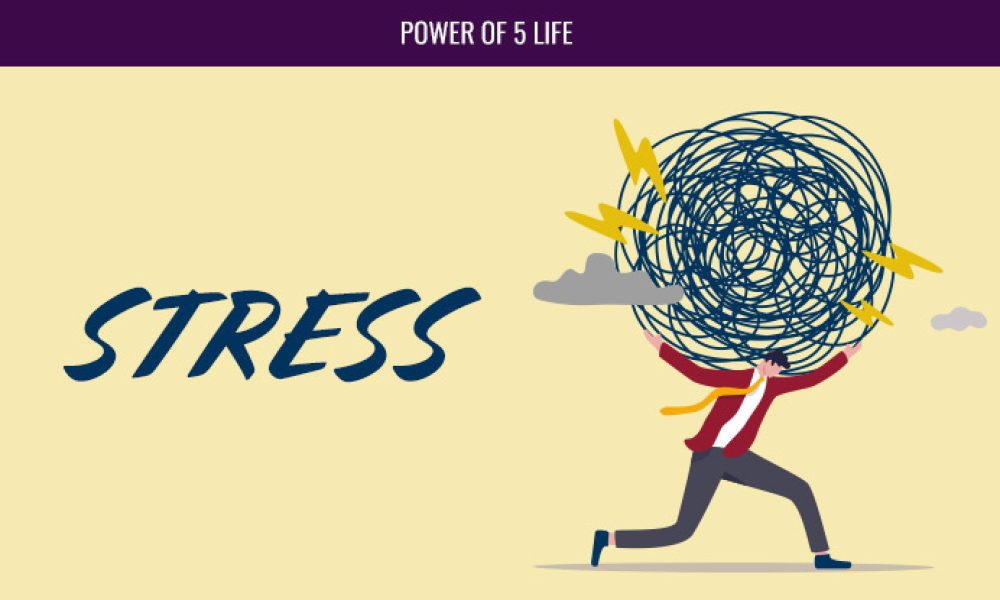Stress: The Silent Killer
Stress is a part of life. We all experience it from time to time. But for some people, stress can become overwhelming and lead to serious health problems.
Stress is our body’s way of responding to any kind of demand or threat. When we’re stressed, our bodies release hormones, such as cortisol, that help us to fight or flee. This hard-wired response can be helpful in the short-term, but when we’re constantly stressed, it can have a negative impact on our health.
Daily Life & Stress
Life bombards us with things that can cause stress, including:
- Work
- Relationships
- Money
- Health
- Family
- Responsibilities
- Major life changes, such as a new job, moving, or the death of a loved one
Negative Health Effects
Stress can provoke serious negative effects on our health.
- Inflammation: the release of inflammatory chemicals in the body which can lead to health problems, including heart disease, stroke, cancer, and arthritis
- Immune system: weakening our immune system, making us more susceptible to infection
- Mental health problems: including anxiety, depression, and post-traumatic stress disorder (PTSD)
- Physical health problems: Chronic stress can lead to various health problems, including:
- Heart disease
- Stroke
- High blood pressure
- Obesity
- Diabetes
- Depression
- Anxiety
- Sleep problems
- Immune system problems
Ways to cope with stress
If you’re struggling with stress, it’s important to find healthy ways to cope. Here are some tips:
- Exercise regularly. Exercise is a great way to relieve stress and improve your overall health. Aim for at least 30 minutes of moderate intensity exercise most days of the week.
- Get enough sleep. When we’re sleep-deprived, we’re more likely to feel stressed. Aim for 7-8 hours of sleep each night.
- Eat a healthy diet. Eating a healthy diet can help to improve your mood and energy levels, which can make it easier to cope with stress. Avoid processed foods, sugary drinks, and excessive caffeine. I recommend a Mediterranean diet of mainly whole foods and plant based.
- Practice relaxation techniques. There are many different relaxation techniques that can help to reduce stress, such as yoga, meditation, and deep breathing. Find a technique that works for you and practice it regularly.
- Spend time with loved ones. Spending time with loved ones can help to reduce stress and loneliness. Make an effort to connect with friends and family on a regular basis.
- Seek professional help if you need it. If you’re struggling to manage stress on your own, don’t hesitate to seek professional help. A therapist can teach you coping skills and help you to develop a stress management plan.
Integrating the Power of 5 formula as described in my book and in the list of action steps above can help protect you from the exposure we all face with the stressful lives we all live.
It takes the intentional act of developing a daily routine to incorporate these techniques to remain healthy. I urge you to do your own personal assessment and adjust as you see fit.
To a long and healthy life,
David Bernstein, MD



